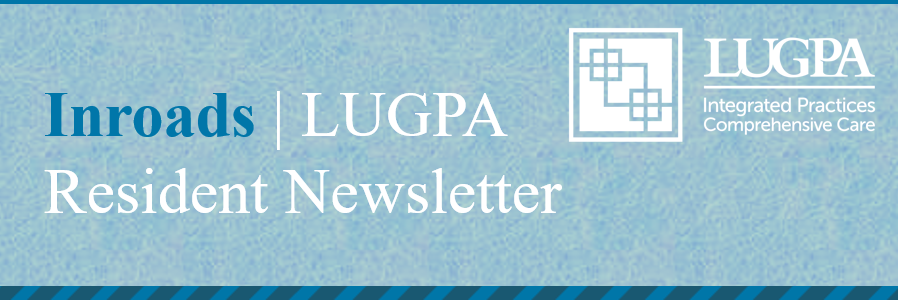|
OPINION
| |
 |
| |
This article appeared in the March
2022 issue of LUGPA's resident
newsletter, Inroads. |
Physician Burnout increases
with Government Over-Regulating
Bottom Line
Physicians are beholden to patient satisfaction scores and
hospital administration benchmarks rather than their patients.
In the urologist population, physician burnout is the highest of any specialty. There are a few personal factors that contribute to burnout like perfectionism and work-life imbalance. However, heightening the burden as the number of urologists declines in the United States is increased government regulations and decreasing reimbursements. The corporatization of medicine has only sped up this transformation of healthcare.
Burnout is defined as the exhaustion of physical or emotional strength or motivation, usually as a result of prolonged stress or frustration. Regulations are not a new nor an unwelcomed component in the administering of medical care, and advances in technology and record keeping should make the process more seamless. However, increased regulatory demands on physicians from HIPPA and the Affordable Care Act (ACA) and compliance requirements with Medicare and Medicaid impact the amount of time a urologist spends with each patient as they have to complete more administrative tasks for each visit. Advances in the electronic health records system (EHR) have increased the clinical burden for physicians who have limited clinic staff. In addition, MACRA, implemented in 2017 irrevocably tied physician reimbursement to metrics – increasing volume meant higher payments but a reduction in patient one-on-one time.
In the current climate, more emphasis has been put on throughput of care and patients’ changing perception, where they see healthcare as a consumer product, rather than a trusted personal connection with their physician. These paradigms can place a strain on the patient-physician relationship and in turn, result in undue stress on physicians who become overextended.
As regulations from the government increase, quality care for the patient and the physician is ultimately impacted by physician burnout.
Twitter is a fantastic resource for a diverse range of opinions and advice regarding burnout and practice management. A cursory perusing of ’MedTwitter’ quickly reveals that physicians of all specialties struggle with burnout. However, the one common theme is lack of control. Other than the occasional insurance gripes, compensation grievances represent a minority of the public twitter discourse. With a greater number of physicians accepting employed positions out of residency for the increased salary, it is important to remember the hidden cost of being beholden to an employer. Loss of autonomy is inevitable with an employment model where heavy focus is on the mandates and metrics outlined by employers.

J. Andrew Jensen, M.D.
Urologist
Wichita Urology, P.A.
Wichita, Kansas
BIO
Dr. J. Andrew Jensen attended the University of Kansas School of Medicine in Kansas City where he received his medical degree in 2013. He completed his residency at the University of Oklahoma Health Science Center and is board certified by the American Board of Urology. He is currently a partner at Wichita Urology Group, PA with a focus on general urology and robotics.
|